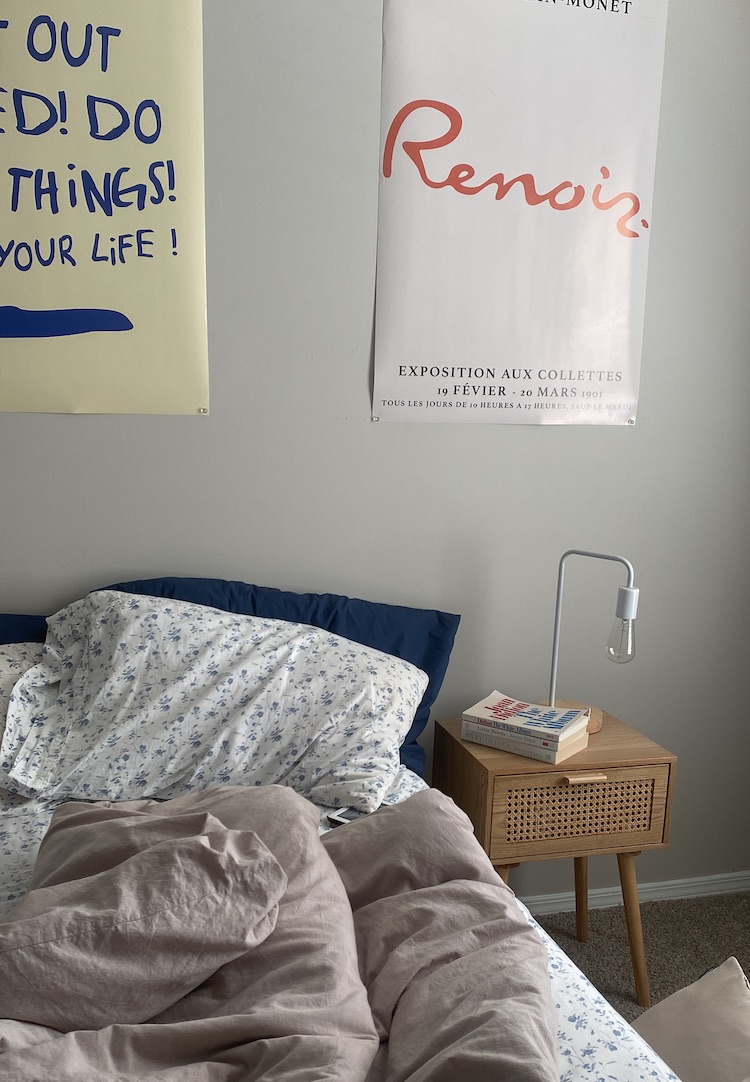How do antidepressants affect sex and dating?
WORDS BY MADISON CAMPBELL
Is it normal for your libido to be lower while taking antidepressants?
As a twenty-something woman who has been on the highest dose of antidepressants for six years now, I have no intention of tapering off anytime soon. As Sara Wong, an anxiety sufferer journalist Zalika Rizmal interviewed for an ABC article on antidepressants earlier this year, said, “[they have] given me my life back”. My antidepressant prescription was life-changing.
It allows me to cope with crippling bouts of depression and anxiety, with the support of regular conversations with my psychologist and GP. Sara and I are clearly not the only ones. In that same article, Rizmal revealed there has been an increase in Australians being prescribed antidepressants, and for longer periods of time, with prescription rates doubling since 2002.
For more content about mental health, tap through to our Life section.
Now, around one in seven Australians take antidepressants daily, with the average person on their preferred medication for four years. While I have been lucky enough to reap the benefits of antidepressants, specifically selective serotonin reuptake inhibitors (SSRIs), I have also experienced many of the side effects your GP or health professional warns you about.
I’ve had changes in my appetite and consequently changes in my weight, nausea and dizziness, difficulty sleeping and regulating my body temperature, and at times, changes in my sex drive and ability to reach orgasm. Having been on antidepressants my entire adult life, it’s been hard to distinguish how my experience with sex now is different when compared to my life pre-prescription.
Those early days of exploring sex and pleasure for the first time were a learning experience in itself. The sex I was having with my boyfriend at 18 was always going to be different to the sex I am currently having in my mid-20s. I like to think I know myself a little better now than I did back then.
But Alex*, 26, did see a noticeable change in her libido when she was prescribed an SSRI. “My partner and I would previously have sex a few times a week, and I enjoyed self-pleasure. But after my [SSRI] prescription, I noticed that my interest in sex declined,” she tells me.
Not only was Alex “in the mood” less, but she found it difficult to self-lubricate and achieve orgasm, both by herself and with her partner. This also led to feelings of guilt for not wanting to engage in sex with her partner, who she still loved and was attracted to, and it impacted her relationship. Similarly, Zac*, 24, admits to feeling embarrassed for not living his “best single life”.
“Being less interested in sex, I also found myself less interested in dating and putting myself out there. I was falling behind my mates who were on dating apps or meeting girls on nights out, and I was going home alone. I also wanted to avoid any awkward conversations, explaining to my Tinder date why I couldn’t get hard or finish,” he shares.
To better understand how antidepressants can affect our sex and dating lives, I spoke to Dr Caroline West, a GP and medical advisor for NPS Medicine Wise.
Can antidepressants impact your sex drive?
According to Dr West, antidepressants, particularly SSRIs, can lower your desire for sex, making it difficult to become aroused, sustain or achieve orgasm. “A small number of people may [also] find that they can’t orgasm at all,” she shares.
How common is this type of side effect?
Common! If this article is relevant to you, know that you’re not alone. While the exact proportion of people affected is unclear, Dr West understands that up to 20 per cent of those taking SSRIs can be affected.
Of course, those experiencing depression may already have a reduced sex drive. A reduced sex drive is proven to be indicative of a depressive disorder.
Are there any strategies to help with this side effect?
Before you start on SSRIs, it’s important you fully understand the risks and benefits of SSRI medications, including their ability to impact your sex life. Dr West says that for some the sexual side effects “may lessen with time”, while others could see them persist long term. In this case, it’s “worth talking to your GP about the type and dose of antidepressant you are on and whether an alternative may have fewer side effects”.
For example, “Agomelatine is in a different class of antidepressants called melatonin agonists. Agomelatine is an antidepressant that in clinical trials has not had side effects with sexual function”. However, “Agomelatine is not on the PBS [Pharmaceutical Benefits Scheme] and therefore it can cost $80 or more per month, which for many may be unaffordable,” says Dr West.
How should we speak to our sexual partner/s about our experience?
Some, particularly those in new relationships, may find it hard to talk about their mental and sexual health. What’s important to remember is that it’s always going to be the healthier and more sustainable option to let your partner know it may take longer for you to become interested or aroused and it may take longer to reach orgasm.
“Being open and honest with your partner can go a long way with building a relationship and it can allow you both to find new ways to navigate through these issues,” explains Dr West.
It may also be helpful to talk to your GP or psychologist, as they can suggest ways to have these conversations while building intimacy with your partner.
*Names changed for privacy reasons.
If you or someone you know is struggling with their mental health, you can contact the following:
Lifeline 13 11 14
Beyond Blue 1300 22 4636










